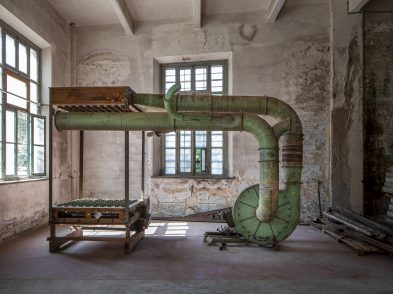Italy’s cabinet recently approved a controversial package of budget
measures, introduced by the emergency government led by premier Mario Monti,
that aim to raise 30 billion euro. The Italian parliament has 60 days to
approve the legislation and thousands of amendements have already been
requested by opposition parties and labour unions.
The measures have been highly criticized for raising taxes for those of
all income levels instead of cutting costs. Dubbed the Save Italy decree, the
measures would go into effect at the start of 2012 and last for two years. Some
measures have already been put into effect, such as the 2-cents-per-litre
increase in gas prices.
The new national price hike on petrol, the fifth this year, according to
the Italian consumer association ADOC, has Italy’s gasoline the most expensive
in Europe: ‘We spend 27.4 percent more than Spain, 14.6 percent more than
France and 13.9 percent more than Germany,’ said Carlo Pileri, chairman of
ADOC.
The latest austerity package includes pension reforms that, in this
first phase, will raise the retirement age for men from 65 to 66 and for women
to 60 to 62. Pensions will be determined based on the amount of money workers
have contributed over time, with the minimum number of years increasing to 42
years for men and 41 for women, up from the current 40 years. Tax breaks will
be given to firms who hire employees aged 35 years and under.
Tax reforms include the re-introduction of a property tax on main
residences, which was eliminated by the Berlusconi government; it is expected
to bring in some 10 billion euro. Taxes will also be levied on luxury items
such as sports cars, yachts and private jets. A 2 percent increase in the VAT
tax, up from the current 21 percent, may go into effect in the second half of
2012.
Reforms in the public sector may include the partial abolishment of
Italy’s provincial administrations. Measures to reduce tax evasion will give
tax breaks to small businesses and independent proprietors who fully declare
their income, and cash transactions above 1,000 euro will be prohibited.
Finally, a number of market reforms will seek to stimulate competition
and privatization, like for example allowing shops greater flexibility in
setting their opening and closing hours, and
further liberalizing sales of non-prescription drugs.
National labour unions called a strike on December 12 to protest the
decree, which they say hurts the lower and middle classes the most.







